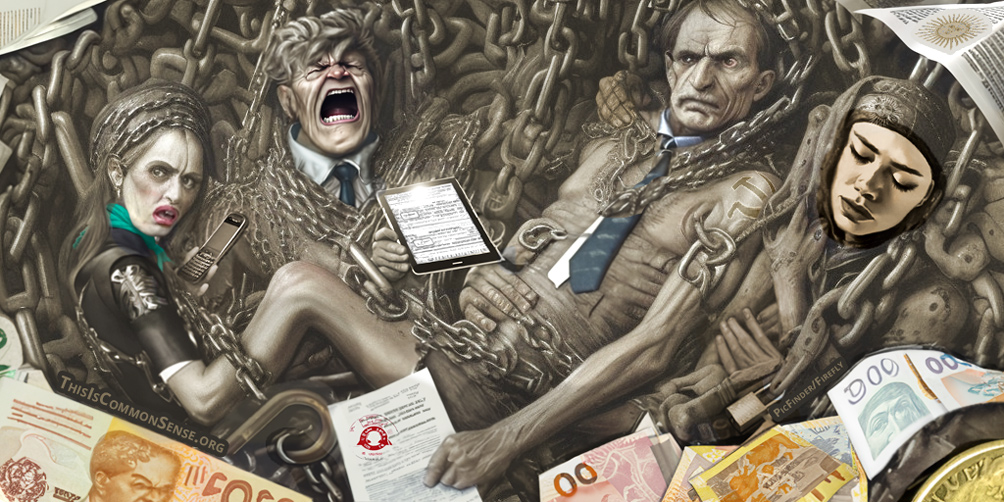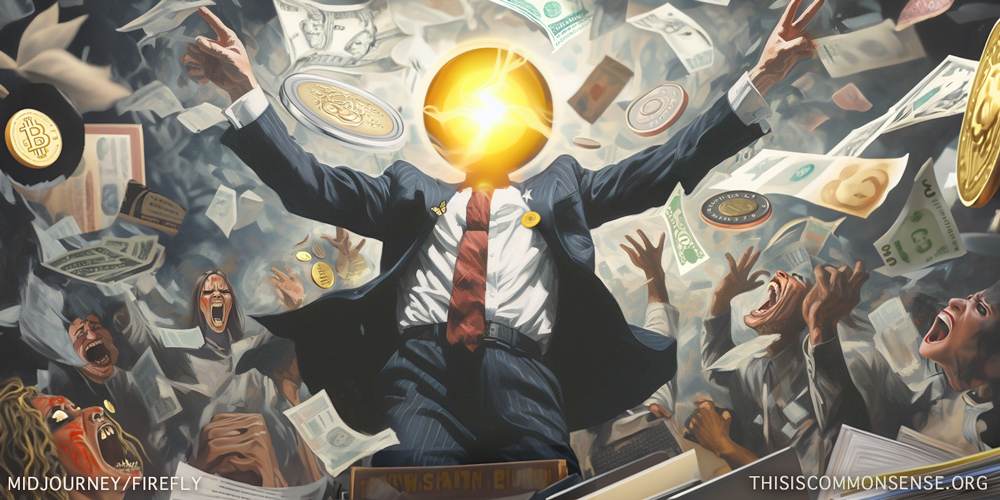Argentina’s new president promised to take a chainsaw to the high taxes and controls that have been killing the country’s freedom and prosperity.
He has had successes. One of his decrees removed rent controls, and as a result the supply of rentals has jumped and rents have dropped.
But Milei cannot simply issue decrees to free up markets. He’s got to go through the legislature. And Argentina’s Senate recently rejected a mammoth Milei-issued emergency decree to deregulate the economy apparently in one fell swoop—revising or killing some 300 regulations.
The Financial Times reports that Milei’s coalition, La Libertad Avanza, “controls less than 10 per cent of Senate seats.” Many of the “centrist” senators could have helped pass Milei’s reforms over the objections of the adamantly leftist members. But these centrists profess to have constitutional reservations about the decree.
The real problem is probably that there is still a very large constituency for the subsidies and grift that have impoverished so many Argentinians.
The decree remains in effect until the House votes on it too. Milei’s administration is negotiating with the lawmakers of that chamber and with others who may have an impact on their vote.
If President Milei loses this fight in the near term, he must keep reminding voters why he can’t do more to lift them out of poverty and serfdom. His election to the presidency was a huge political change. But it’s not the only one Argentina needs.
This is Common Sense. I’m Paul Jacob.
Illustration created with PicFinder and Firefly
—
See all recent commentary
(simplified and organized)





